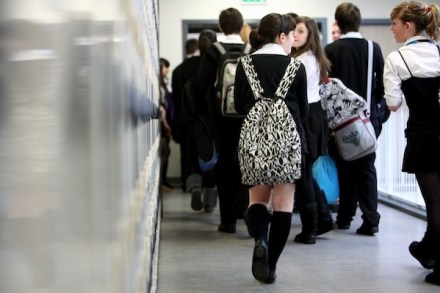The Libor mud-slinging makes things murkier
As the inquiry into Libor-fixing by the Treasury Select Committee rolls on, two things become apparent – one, as the muck spreads across the financial community it actually becomes harder to tell exactly where the buck stops, and two, the toothlessness of such inquiries themselves. As more bankers and officials are hauled before the TSC, the criss-crossing blame game that’s going on looks like it may serve only to obfuscate, rather than illuminate, matters. Today, Barclays ex-chief operating officer Jerry del Missier said it was his former boss Bob Diamond who told him to submit lower Libor rates, as a counter to Diamond’s testimony last week that del Missier misinterpreted
















